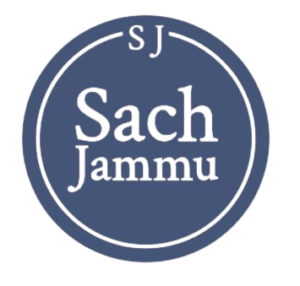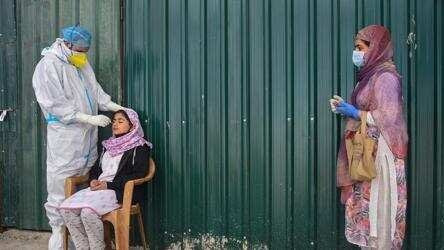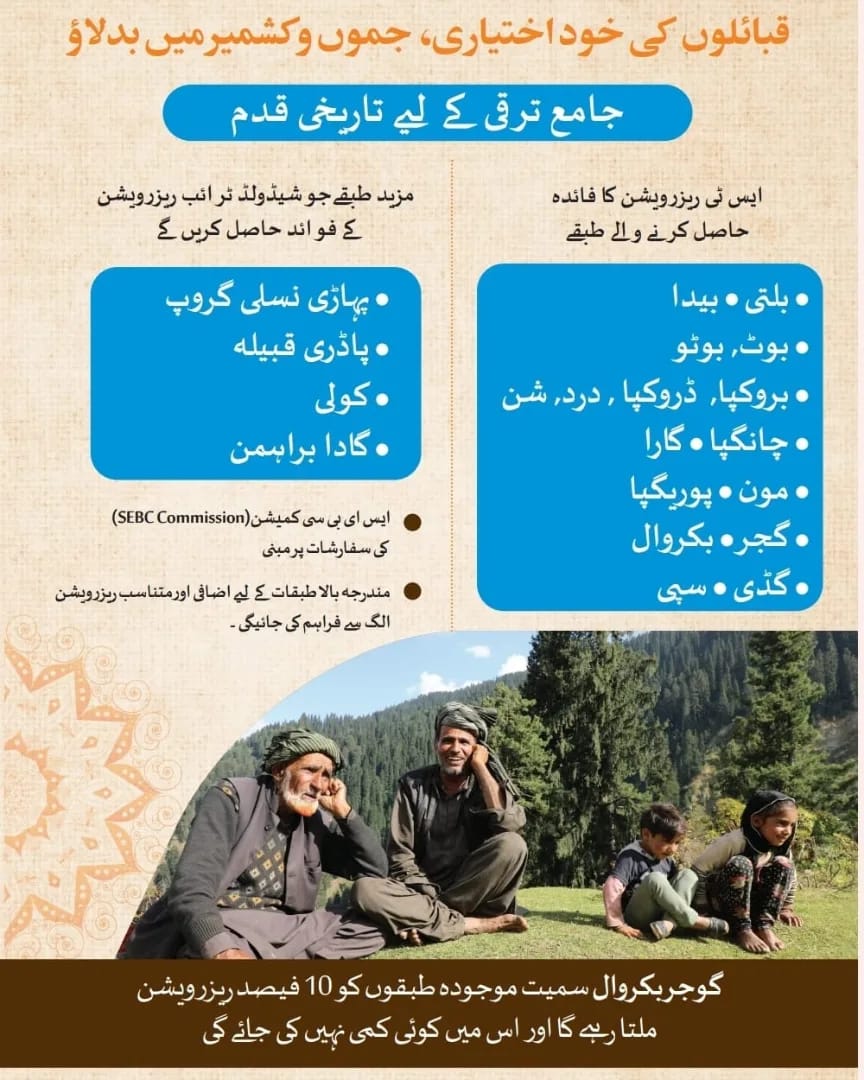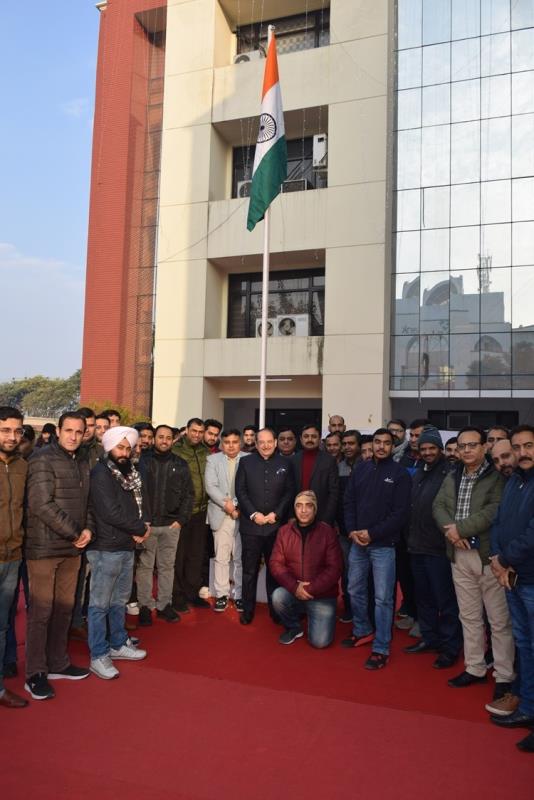The second sero-survey in Kashmir’s Pulwama has revealed that 27 percent of the population has developed Covid-19 antibodies as opposed to 2 percent of the population three months ago.
The Indian Council of Medical Research (ICMR), the nation’s premium medical research organisation, conducted the second national sero-survey for Covid-19 in August to monitor the trends of SARS-CoV-2 infection transmission in India.
“The second round of the ICMR’s national sero-survey for SARS COV-2 infection (Covid-19) in Pulwama district shows prevalence of 27.3 percent. In the first round, in June, it was only 2 percent,” said Dr Muhammad Salim Khan, head of community medicine, Government Medical College, Srinagar and nodal person for the ICMR’s national sero-survey for Pulwama district.
The community-based surveillance was conducted across 60 districts and 10 hotspot sites across all states and Union territories to map the changing trend of the population’s response to SARS COV-2 infection over the months.
The first round was held in May and June this year where the prevalence of IgG antibody was found 0.73 percent among the general population in the country. During the survey, blood samples were collected to determine the prevalence of infection in the recent past and the body’s immune response to the SARS CoV-2 infection.
In the second round in Pulwama district, 413 blood samples were collected in ten different clusters of which 113 reported to be positive for IgG antibodies against SARS CoV-2 infection which makes it to 27.3 percent.
“Sona Samilo village cluster showed the highest, 52.5 percent, positive prevalence while Khaigam recorded the lowest prevalence at 2.5 percent,” Khan said.
The district was chosen in the first survey as it was a low-risk district depending on the number of cases per million population.
So far, Jammu and Kashmir has recorded 77,253 positive cases of Covid-19 with 3,996 people registering positive for the infection in Pulwama. As many as 69 people have died due to the infection in the district of the total 1,212 deaths in the Union territory till October 2.
The data was collected through app-based modules and at each site the data and blood samples of participants were collected for adults and children over 10 years of age.
The eldest positive cases were of three men and a woman ageing over 75 years while the youngest was an 11-year-old girl,” said Khan.
The ICMR conducted the study through its regional centres, however, it asked the Government Medical College (GMC), Srinagar, to conduct the study in Pulwama district on its behalf.
A team from the GMC, comprising faculty, resident doctors and medical interns from the Department of Community Medicine (SPM), was deputed for conducting the survey in ICMR-assigned ten clusters in Pulwama. The study was coordinated by Dr Inaamul Haq and Dr Mariya Amin Qurieshi – assistant professors at the community medicine department, GMC, Srinagar. The blood samples were sent to the ICMR lab at Chennai.
“We still need to follow SOPs religiously to prevent further spread of Covid-19 infection in the community which include wearing masks, social distancing and hand hygiene,” Khan said





